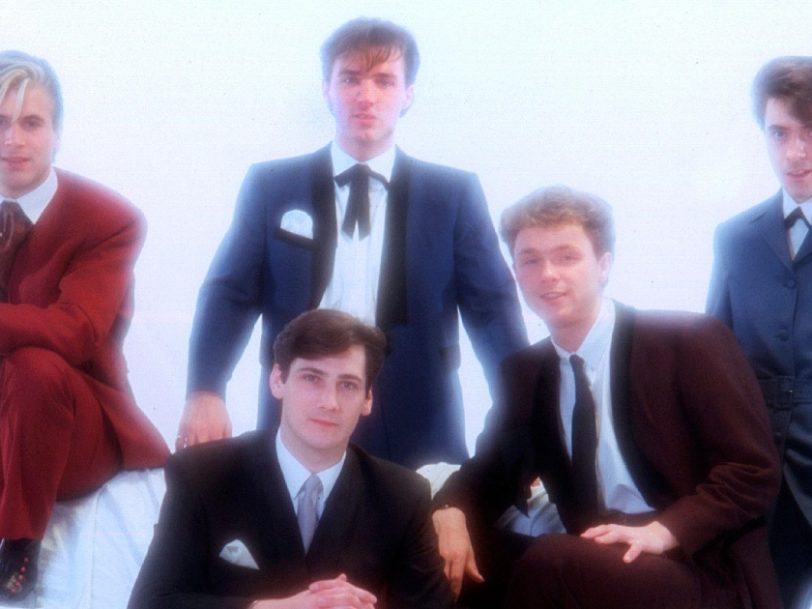Spandau Ballet’s career had got off to a flying start with To Cut A Long Story Short and the success of their debut album, Journeys To Glory, in 1981, but they’d dipped in and out of the charts during the months that followed. The Diamond album had, however, served notice of the group’s ambition, and the five-piece returned to the UK Top 10 courtesy of Trevor Horn’s smart remix of Instinction, in early 1982. The following year, True became the song to finally take Spandau Ballet to the top of the UK singles chart, elevating them from New Romantic frontrunners to global pop stars.
But though True was an unqualified success, its story includes a failed personal relationship and the fear of revealing one’s feelings…
Listen to the best of Spandau Ballet here.
“I wanted it to be a love song but felt inhibited”
The band’s decision to decamp to Compass Point Studios, in Nassau, and draft in pop producers of the moment Steve Jolley and Tony Swain, fresh from success with Imagination and Bananarama, proved a masterstroke of necessity for their third album. What emerged from those sessions were eight songs that neatly straddled the pop-soul divide and repositioned Spandau Ballet as an act determined to win over radio- and record-buying audiences with accessible, slick singles. Spandau Ballet’s hit-making era had dawned.
Their chief songwriter was also in love – even if he was reluctant to make the first move. Gary Kemp had met Clare Grogan, Altered Images’ frontwoman, at the BBC, and the pair became close, even though the Happy Birthday star appeared to have plenty of other suitors. Kemp was already in a relationship, too, and it wasn’t clear if the Glasgow-based singer was looking for more from him in any case. “Clare played me Al Green and Marvin Gaye,” Kemp recalled in his appropriately titled 2009 autobiography, I Know This Much. “The music posted itself through my heart and I knew that I had to reply. But I found it hard – hard to be truthful. So far everything was unspoken.”
“I started to write about the fear of saying in song what was true”
Working on demos with Jolley and Swain, Kemp found a riff that he describes as “mesmeric”, and which was inspired by the records Grogan had been playing him; the band’s signature song, True, was starting to take shape. “I wanted it to be a love song but felt inhibited, shy even,” recalled Kemp. “So I start to write about that very thing: the fear of revealing oneself, of saying in song what was true.”




